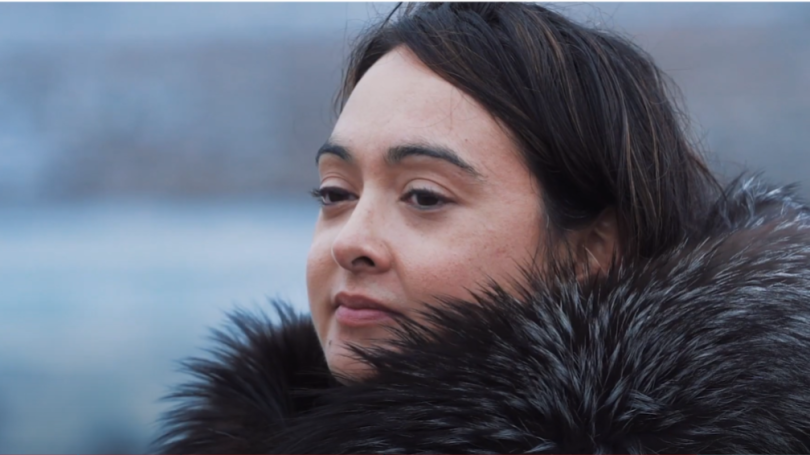I'm a community-based health scientist and my Fulbright projects have focused on documenting the impacts of COVID in the Arctic. Dartmouth with the Institute of Arctic Studies in the Dickey Center has been a very generous and supportive host, and I feel very grateful for the opportunity to have been a guest here for six months.
One unexpected outcome of my Fulbright exchange has to do with developing a better understanding of the history and peoples of this region of the US. Many people don't realize it, but New England has a historical connection to the Arctic that is tied to the shipping and whaling industries from centuries ago. Men from this region were so captivated by the Arctic and the 'challenge' posed by our beautiful environment that explorers from this area made many trips up to Inuit Nunangat (Inuit homelands) in the 19th and early 20th centuries both whaling and exploring. They took what they wanted during their travels, from boots to knives and lamps to humans (See: Minik the New York Eskimo by Kenn Harper). As a result of this history, there are a number of objects, artifacts, and archival materials housed in museums throughout this region of the US that actually belong to families in Nunavut and other Inuit regions in Canada, Alaska and Greenland. One of my colleagues, in fact, discovered that her grandmother's 'qulliq', an Inuit oil lamp that is essential to warmth and survival, is housed in a museum in Massachusetts.
Dartmouth helped me host a knowledge exchange between my home institute and the college in May. During this visit, my colleague spent an extra weekend in New Hampshire and Massachusetts trying to find and visit her grandmother's qulliq. We had very kind offers from Dartmouth staff to help track it down, as well. She found it, but was not permitted to visit it because of how/where it was being stored. Hers is one of many many stories known to Nunavut families, but not really known to New Englanders.
As I prepare to leave the US, I find myself reflecting on the rich and amazing knowledge that our Arctic communities possess, and the need for a new narrative that replaces the outdated portrayal of Inuit as subjects of study with one of a people of innovators and scientists in a beautiful land that is loved immensely, with intricate relational ways of knowing and kinship connections, tremendously talented arts communities, and powerful pedagogical processes embedded in complex systems.
I would like to see our artists performing in Boston, Portland, Concord and other major cities of the region. I would also like to support our early career researchers to guest lecture at colleges and universities, and elevate open discussions about objects and artifacts - their uses, their meaning to Inuit, and how they can be replicated for teaching purposes while the originals are returned to families eager for the tangible connection to grandparents and great-grandparents.
As a charitable entity, my home institute, Qaujigiartiit, will continue to fundraise to build and strengthen relationships and initiatives that benefit our Nunavut communities. I look forward to continuing our knowledge exchange and supporting our next generation of students and scholars from Nunavut to visit and share their immense knowledge with both Dartmouth College and the region.
